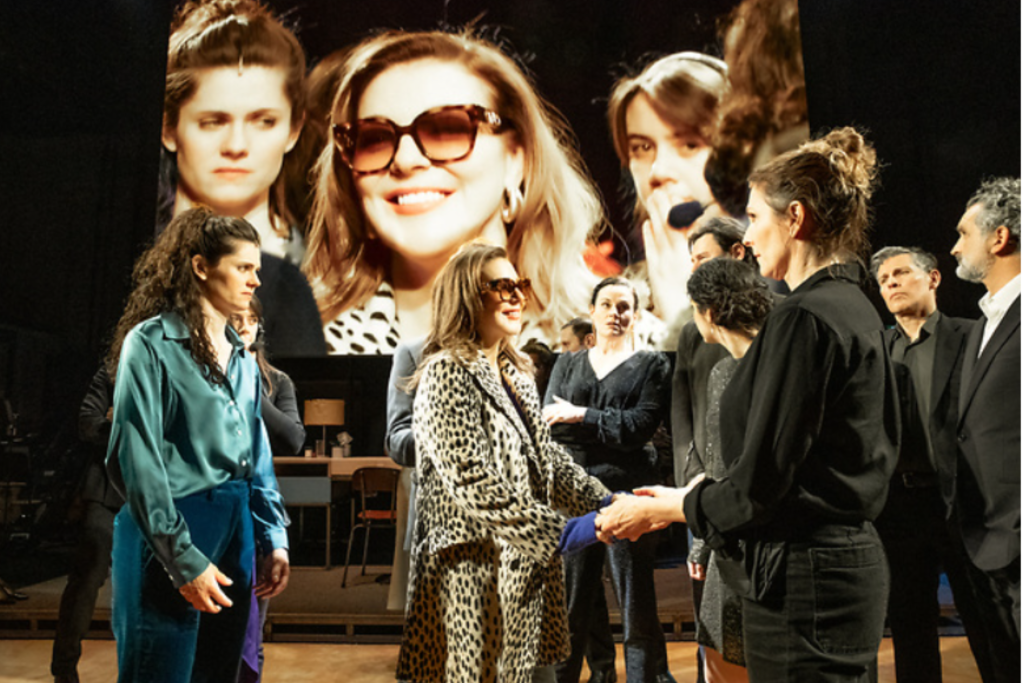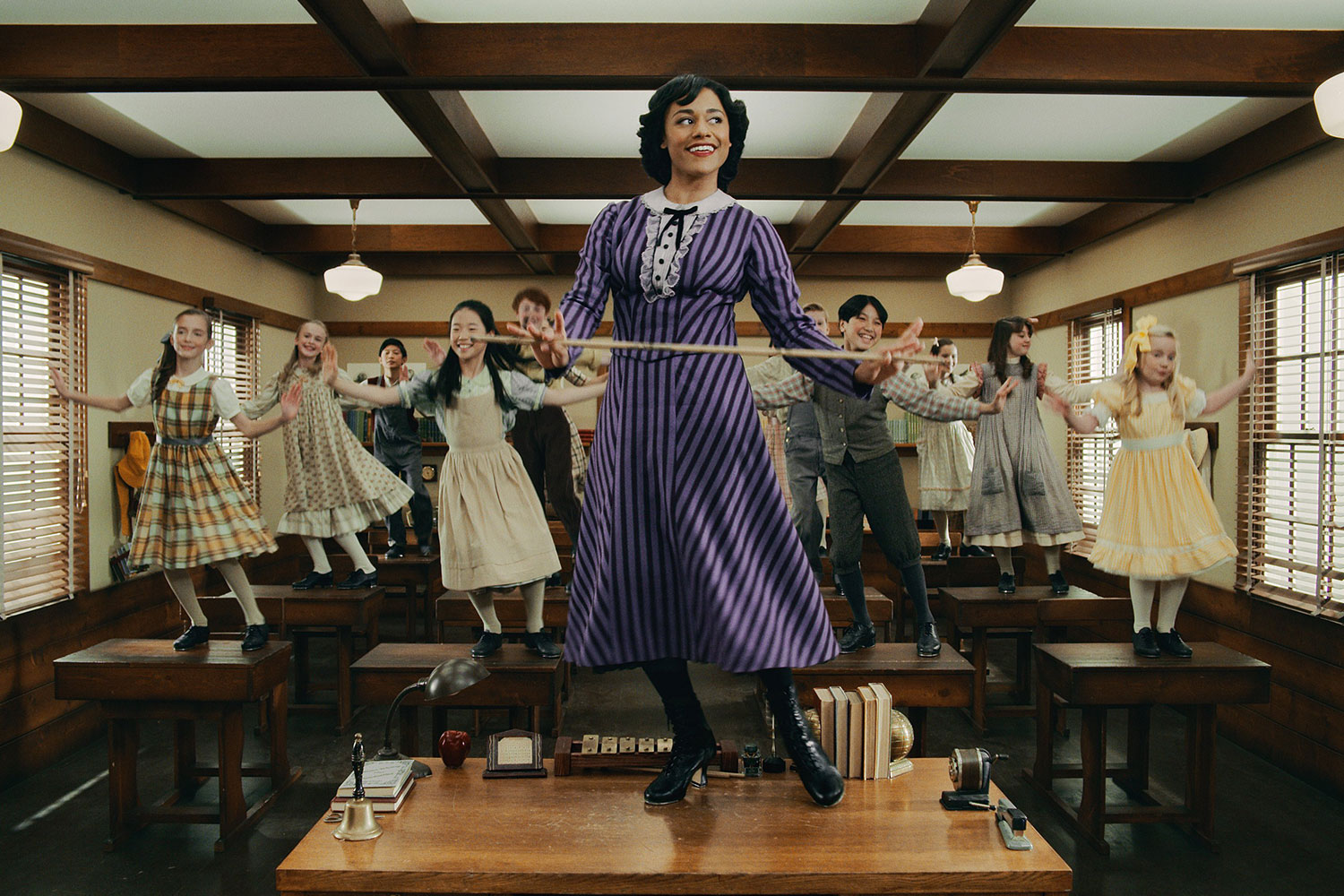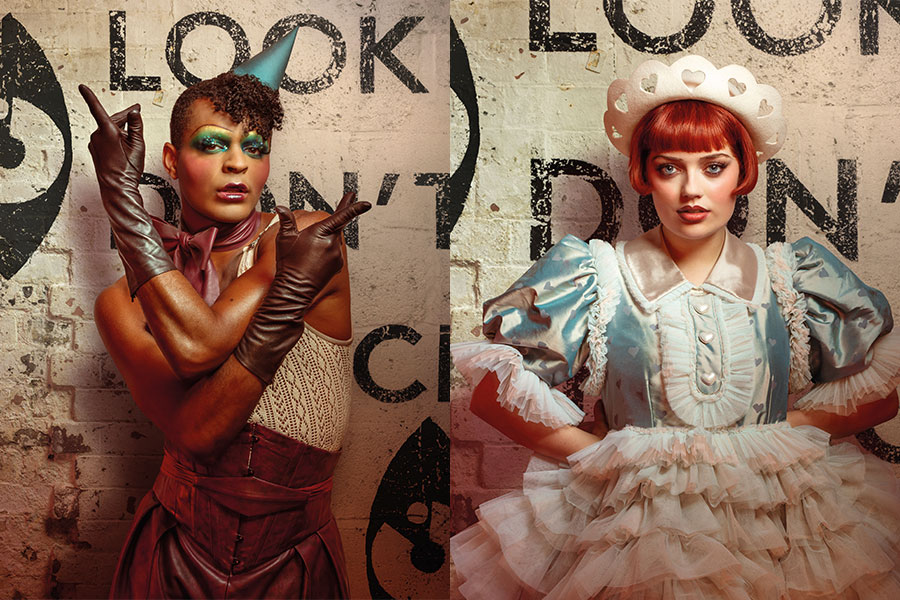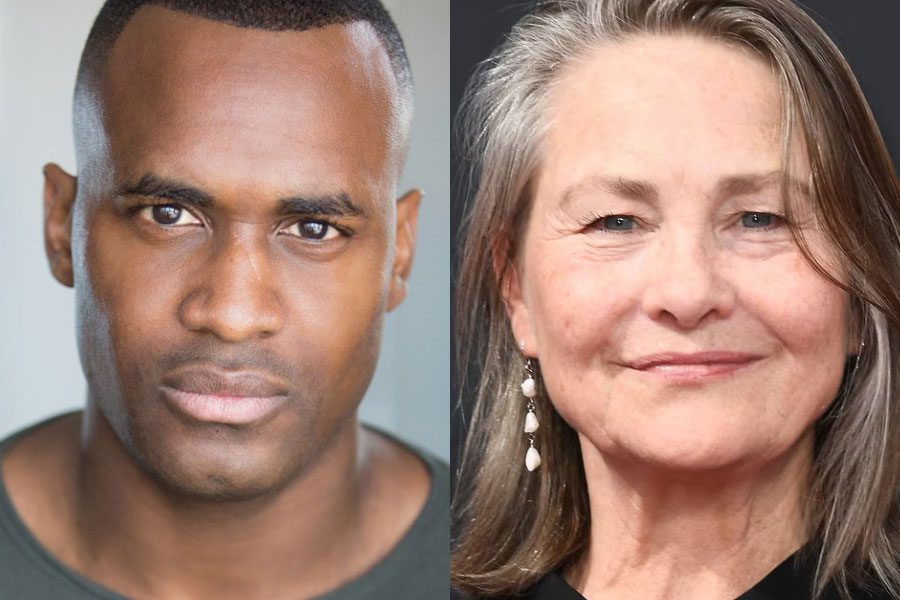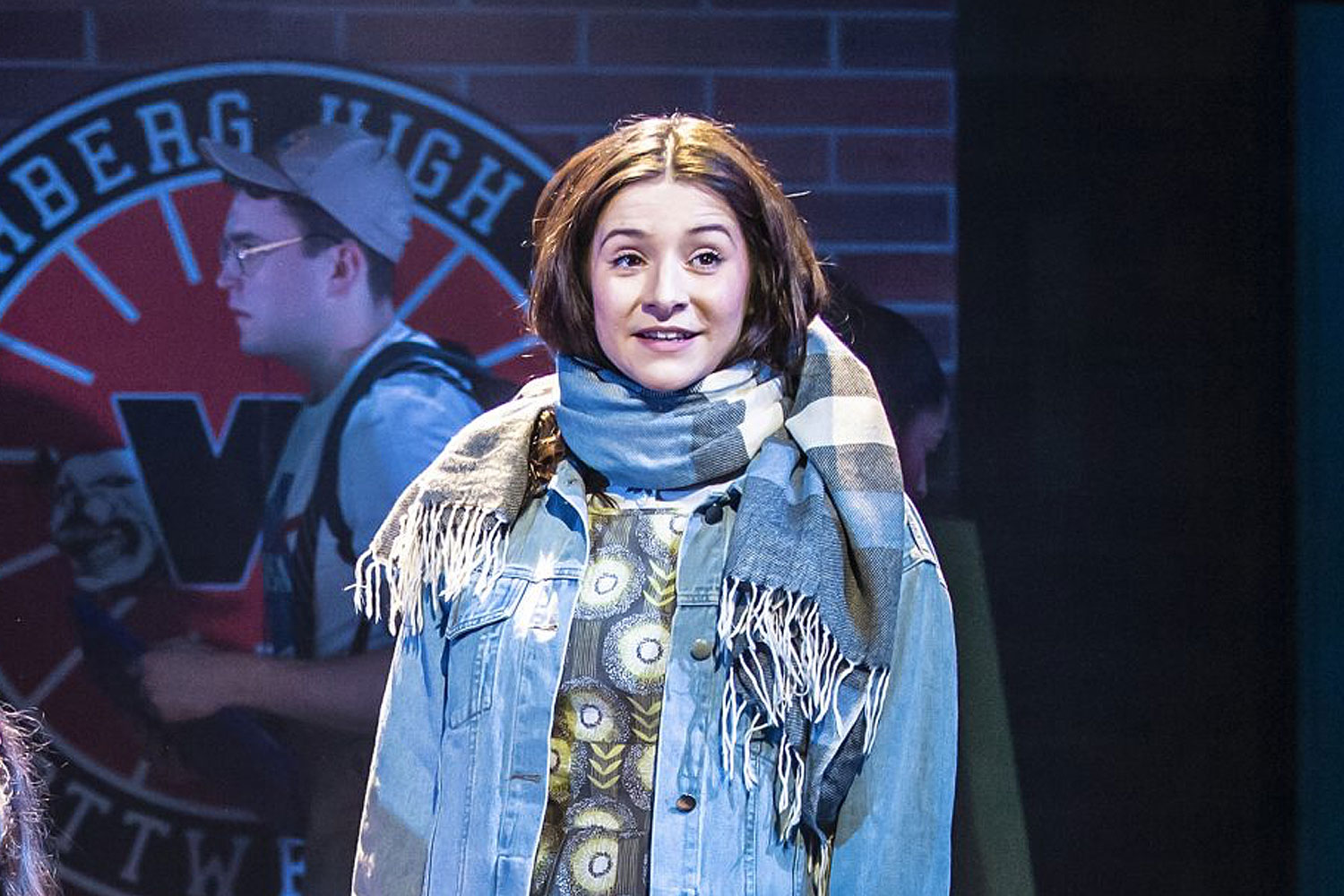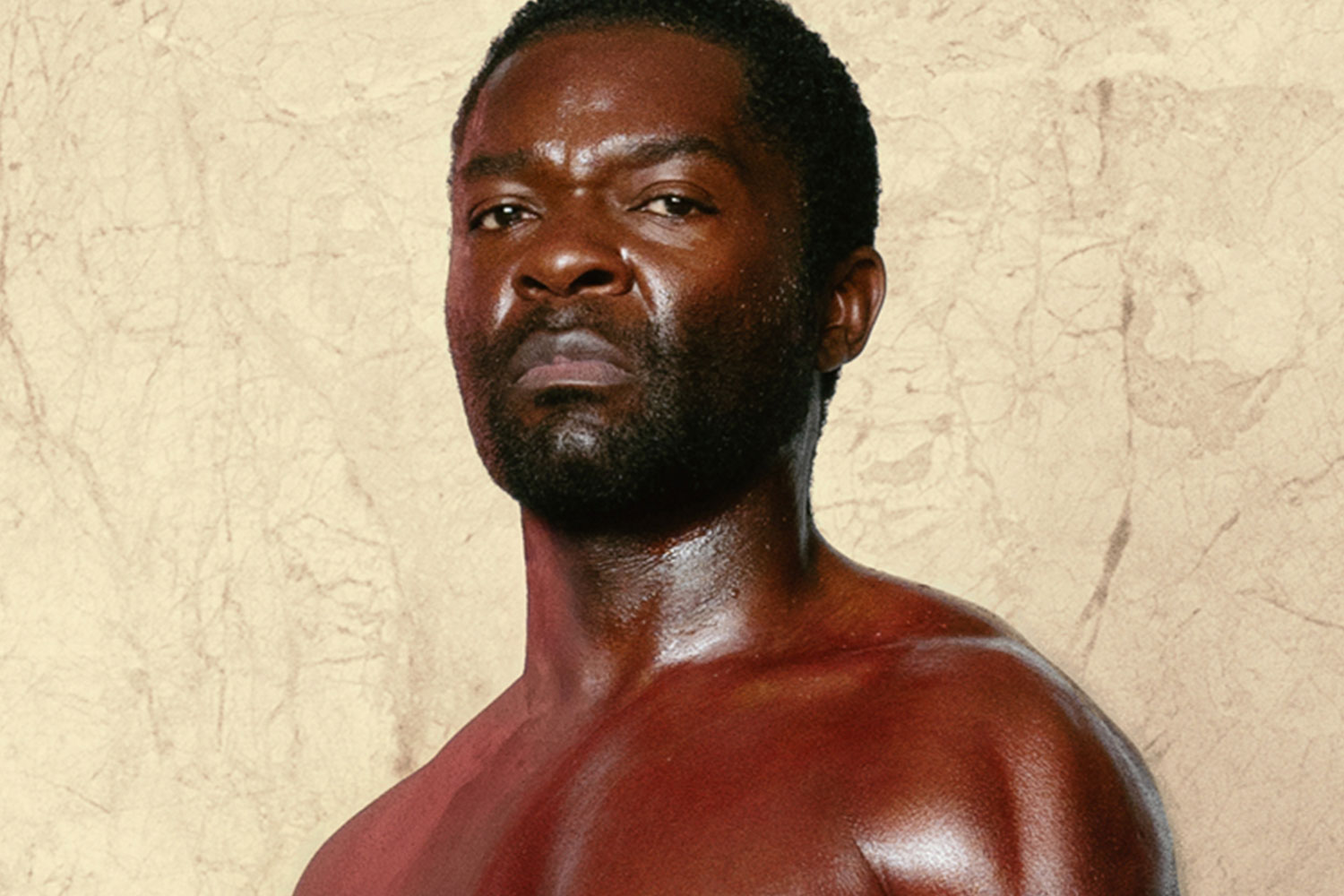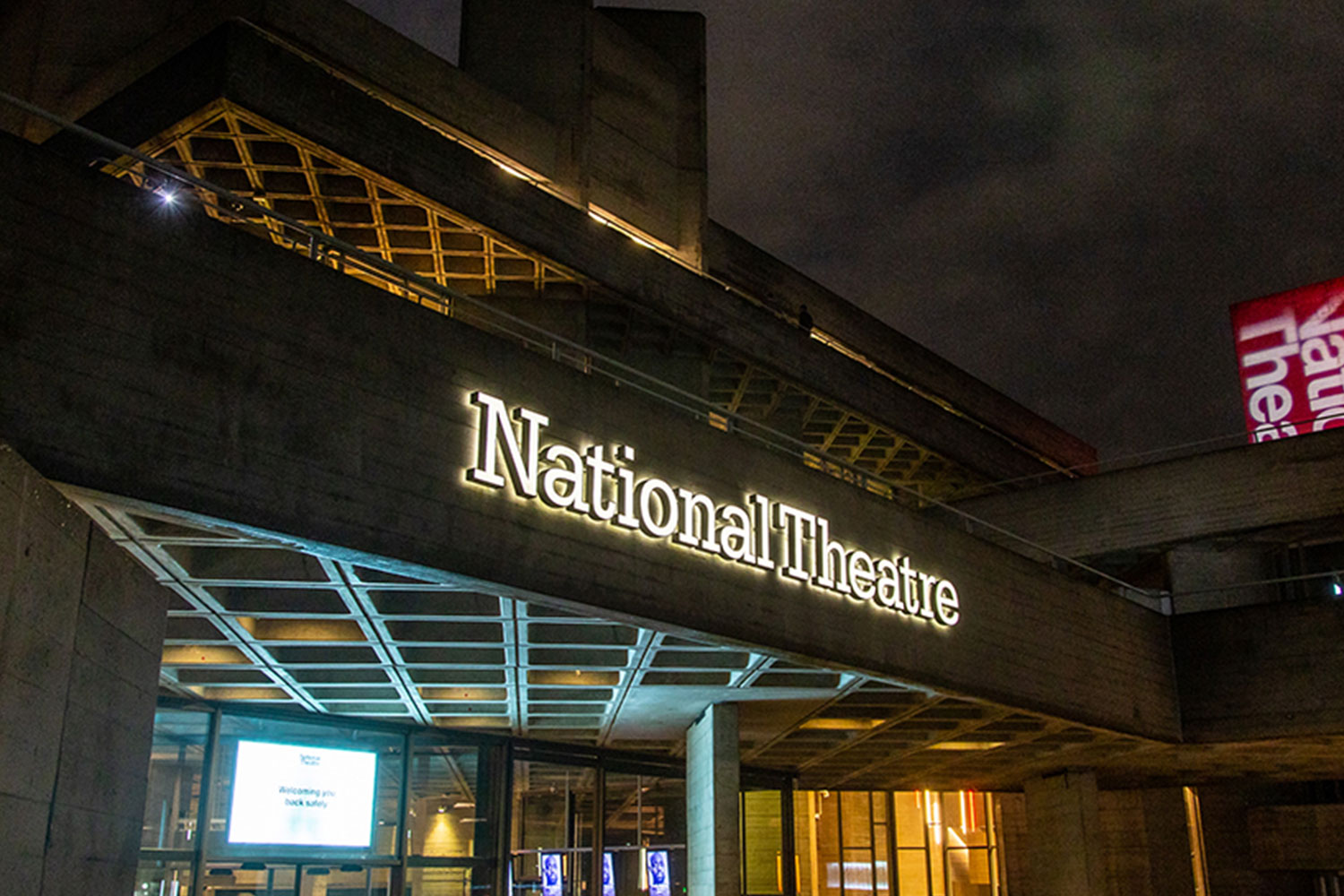Happy Days
Samuel Beckett’s austere existential vision of the loneliness of the individual facing the inevitable – death – has become familiar. Not cosy exactly, but familiar. The humour was always there, of course: the human condition is farce as well as tragedy, after all, and survival requires a reliance on routine in the face of unknown terrors.
But familiarity has taken away the edge and put more emphasis on the performance of Winnie. The play has, in spite of itself, become a star vehicle – and Fiona Shaw is undoubtedly a star; intelligent, larger-than-life and articulate, she has enthusiastically analysed her approach to Winnie and this difficult text in newspapers and on the radio.
It is Shaw’s evening, but her extraordinary performance is the result of collaboration with director Deborah Warner, with whom she has worked on a number of projects at the National and a previous Beckett – Footfalls – over which the pair fell out with the Beckett Estate. This time the production is kept within accepted bounds but nevertheless has a very distinctive flavour: before a word is spoken, designer Tom Pye’s expanse of concrete rubble, the strangely alien soundscape (score by Mel Mercier, design by Christopher Shutt) and Jean Kalman’s white lighting create a compelling world.
Shaw’s Winnie, imprisoned up to her neck, is jaunty in her straw hat. She smiles, hums, arranges the props necessary for existence – toothpaste, lipstick (both running out) and a pistol – and bosses her almost silent, but just-mobile companion, Willie (Tim Potter). In the second act, only her face is visible, now with blackened teeth, and her determinedly jolly demeanour is more desperate.
The blackened teeth worried me. Surely the teeth-cleaning is a mere metaphor for routine. We don’t need to start wondering about the realities of existence – food, water, hygiene. In the 21st century we may feel even closer to some kind of universal Armageddon than Beckett did in the early 1960s, but specifics are not the point. Winnie is not us after some kind of holocaust; Winnie is all of us always.
This is not the first time Happy Days has been staged at the Lyttelton: Peggy Ashcroft appeared as Winnie here in the mid-Seventies in the opening season at the NT’s South Bank home. But it is an enormous space to fill; the Cottesloe might seem a more natural choice. Nevertheless, the production gains from that lonely spread of inhospitable devastation in Pye’s design over which Shaw’s performance towers.
– Heather Neill



